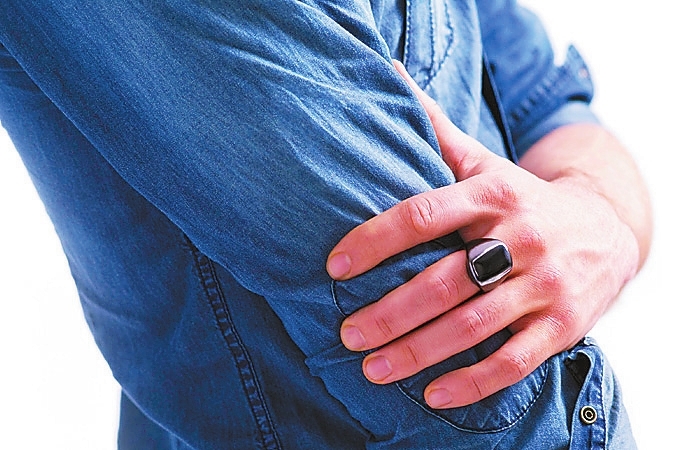
One of the challenges to curbing the spread of COVID-19 is that asymptomatic individuals, or carriers, can spread the virus before they realize they are infected. In April, researchers from West Virginia University’s (WVU) Rockefeller Neuroscience Institute (RNI) and WVU Medicine set out to predict symptoms before they appear using wearable rings by Oura and AI prediction models. Now, the researchers claim their digital platform can detect COVID-19 related symptoms up to three days early with over 90 percent accuracy. The approach is neuroscience-based, and it asks participants to track stress, anxiety, memory and other psychological and cognitive biometrics in the RNI app. Oura Ring collects physiological data, like body temperature, heart rate variability, resting heart rate, respiratory rate and sleep patterns. It combines data from the app and ring with AI-guided models. While the platform could be better than nothing, a 90 percent accuracy rate still leaves room for asymptomatic individuals to slip through the cracks. If 1,000 people use the system, 100 people may still get inaccurate results. So while this shows promise and it could indicate the kinds of solutions we’ll have in the future, it may take some time before something like this is ready for real-world use. The platform is currently being tested by more than 600 healthcare professionals and first responders, and RNI is planning to scale the test to include more than 10,000 participants.(SD-Agencies) | 
